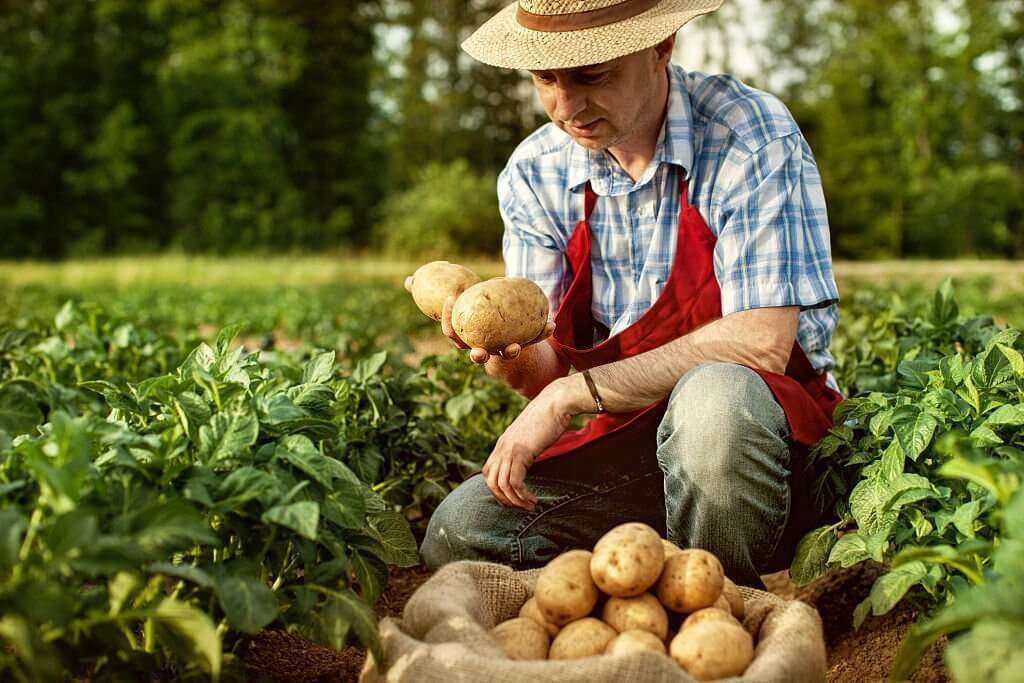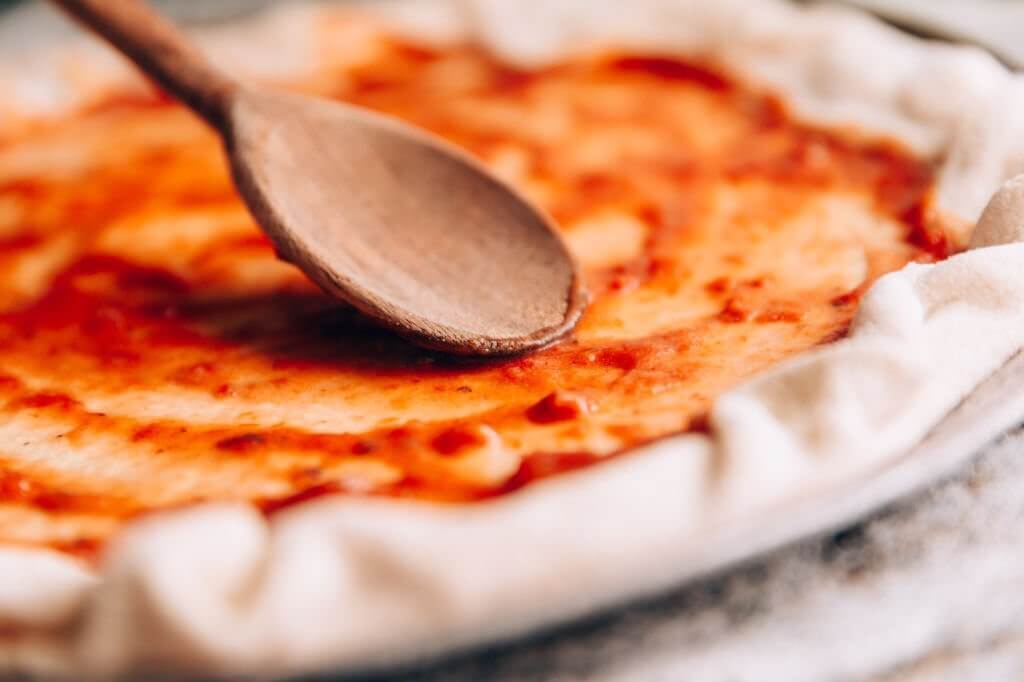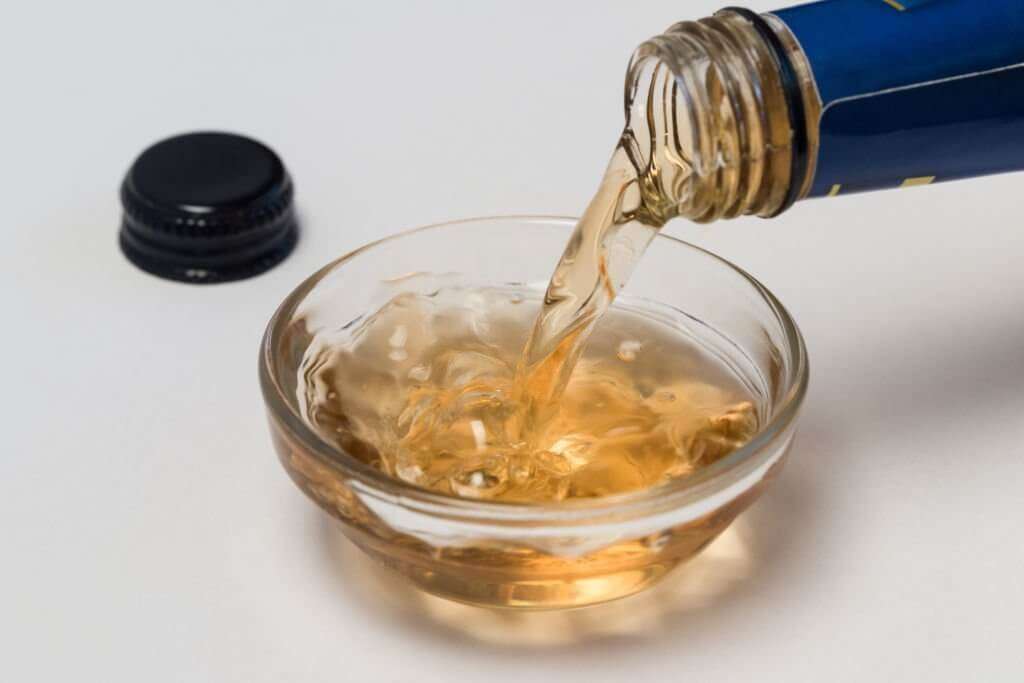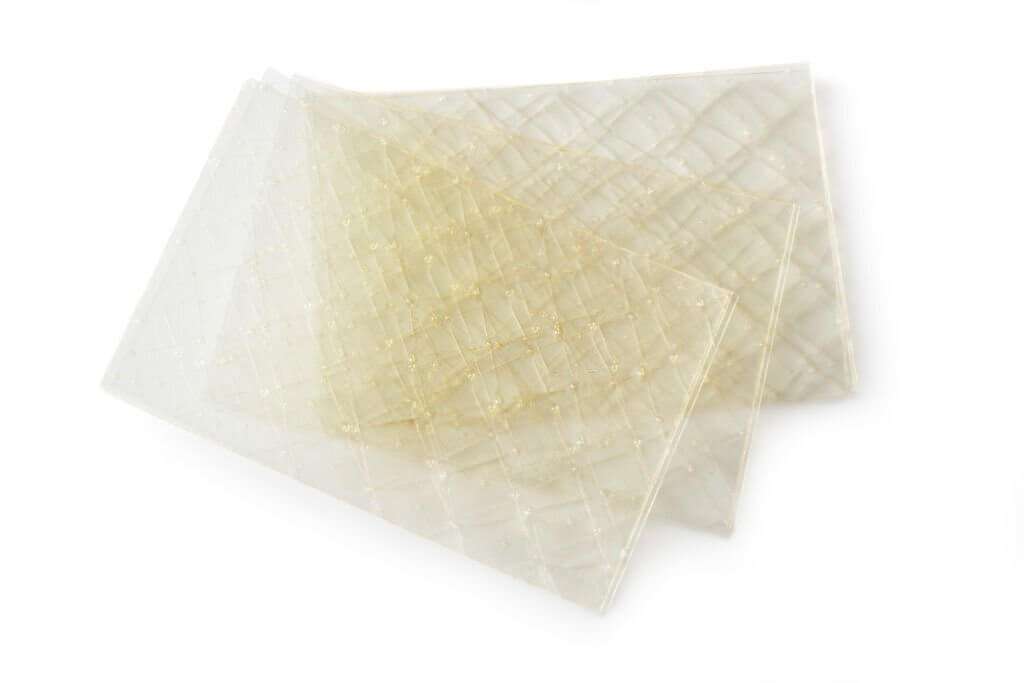Yellow Potatoes Vs Yukon Gold – Top Differences
If you are a potato enthusiast like us, you have definitely heard of yellow potatoes and Yukon gold potatoes. You have likely even used them in cooking on various occasions. You have also likely noticed how some recipes call for yellow potatoes, others call for Yukon gold. Is there really a difference? We've done the research, and in this Yellow potatoes vs Yukon gold comparison, we'll share our findings. So stick around to find out. Yellow potatoes vs Yukon gold - Top differences The main difference between Yukon gold and yellow potatoes can be summed up in a simple statement;…












